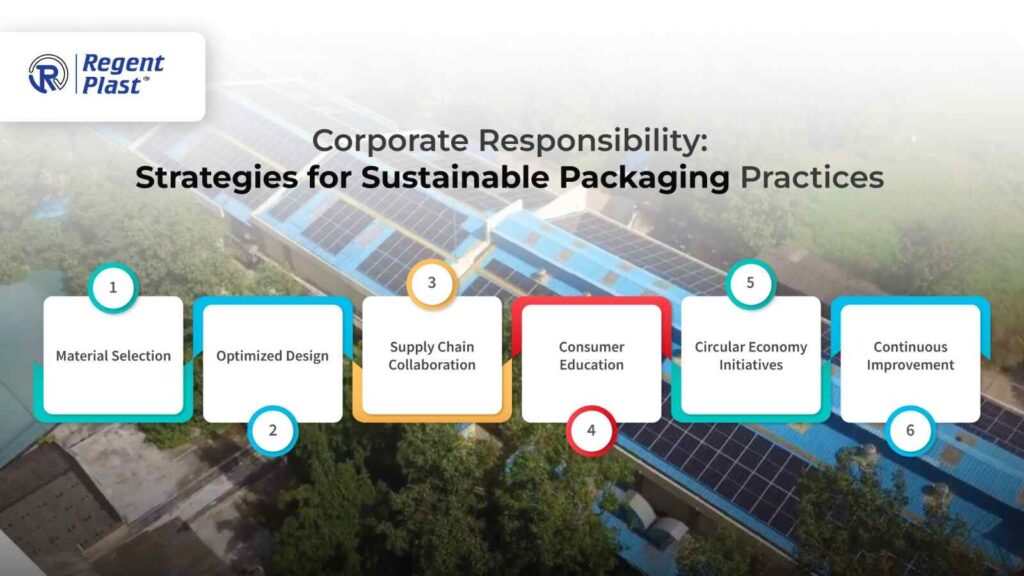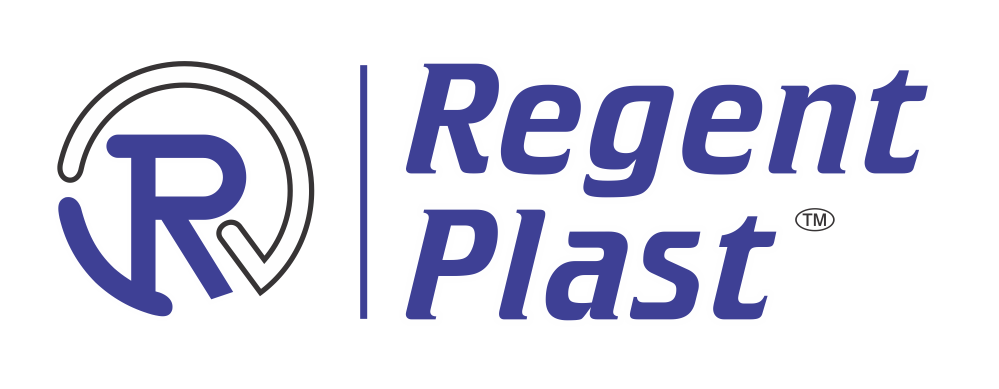Corporate Responsibility: Strategies for Sustainable Packaging Practices

In present times, corporate responsibility is no longer limited to making financial donations to charitable causes or meeting compliance towards Corporate Social Responsibility targets as stipulated by Income Tax or other government regulations. Nowadays, customers of a Company’s products and services, are interested in what the Company is doing, how it’s making its products or services, and the carbon footprint associated with their consumption. Hence, Corporate Responsibility includes more than just environmental factors, but also a desire to have lasting practices that help both the natural world and people. The shifting of attention among companies is the way the corporate world is evolving. The most prominent and one of the areas where companies are directing their efforts is packaging practices. The sustainability of packaging becomes more and more evident with increasing consumer awareness of environmental issues, so today we observe a higher demand for eco-friendly packaging. This article provides us with a deep understanding of the delivery of green packages and suggestions that business corporations can
The meaning of sustainable packaging
Packaging is undoubtedly a pivotal component in the society of the modern consumer. It not only plays the two roles of packaging during transportation and storage but is also a very stunning marketing tool. Nevertheless, the current packaging materials like plastic, foam, and Styrofoam have negative consequences for the earth. They pollute the environment as well as threaten wildlife species and worsen the global plastic waste problem. The issue of environmental pollution is multi-faceted and affects all parts of the world. Furthermore, the question of sustainable development has become a matter of global concern. Therefore, consumers, governments, and civil society organizations are turning their attention to sustainable products to replace non-sustainable alternatives.
Sustainable packaging endeavours to minimize the environmental footprint across the entire packaging lifecycle, specifically from production until end-of-life management. It is based on the utilization of clean energy, raw materials like recyclables or biodegradable types, and lower energy consumption and carbon emissions. Through the implementation of sustainable packaging principles, businesses can articulate their environmental conservation philosophy, which is followed by increased brand image and rising admiration from eco-friendly customers.
Strategies for Sustainable Packaging
1. Material Selection: The first important step in the route of sustainable packaging development is to wisely choose materials from the viewpoint of the environmental mission. This approach can range from composites made of recycled materials to natural plastics (including biodegradable plastics) and can also introduce the use of innovative substitutes like mushroom-based packaging or seaweed-based packaging.
2. Optimized Design: Developing packaging systems that take efficiency and the least amount of pollution into account is very important. The common denominators are expecting the neutrality of material consumption, optimizing space, and creating a product that can be recycled or composted. Creative design methods such as collapsible packaging or any package-free solutions can also help take sustainability practices to another level.
3. Supply Chain Collaboration: Effective cooperation of the supply chain members is vital in optimally actualizing sustainable package solutions. Collaboration is the key here. Companies can team up with their partners to source eco-friendly products, design optimal distribution arrangements to cut carbon footprints, and maximize or even optimize packaging initiatives to eradicate unnecessary waste.
4. Consumer Education: Creating awareness among people about the importance of sustainable packaging, along with exemplifying the way of disposing of packaged products, can establish habits of responsible consumption among them. Transparent labeling and certification logos with indications of good forestry practice (e.g., Forest Stewardship Council and Recycle Symbol) are followed by educational campaigns to improve general public understanding and encourage environmentally-wise shopping.
5. Circular Economy Initiatives: The emphasis on the circular economy entails the redesigning of packaging for reuse, recycling, and composting. Tackle the challenge by deciding whether to develop “take back” programs or invest in recycling infrastructure. At the same time, the innovative approach of refillable packaging can help reduce waste.
6. Continuous Improvement: Sustainability packaging is a never-ending journey throughout which we should always use our innovative minds. Organizations ought to track their packaging processes, dissect the demands of the environment that they operate in, and conduct research and development in the field of sustainable packaging so that they can be equipped with contemporary trends and technologies in the field. As this is an evolving field, many packaging buyers are asking their suppliers to obtain sustainability ratings from 3rd parties, such as Ecovadis.
Conclusion
It is not just profit growth that comprises corporate responsibility; nowadays, even environmental and social factors are on this list. By adopting sustainable packaging, companies can prove that they are minimizing the environmental impact, boosting their image, and growing with the demand of new consumer and investor communities. Through material optimization, optimal design, supply chain collaboration, consumer education, circular economy initiatives, and continuous improvement, corporations are best at contributing to the green future of the packaging industry. Given their dominant positions in the environment, it is the company’s responsibility to lead in this domain by embracing their duty and bringing about positive outcomes by deploying proper sustainable packaging principles.
At Regent Plast, besides designing packaging to use recycled plastics, and heavily investing in new technologies to embrace recycled plastics, we have gone one step further and invested in roof-top solar (picture below) on our industrial premises to reduce our carbon footprint.

